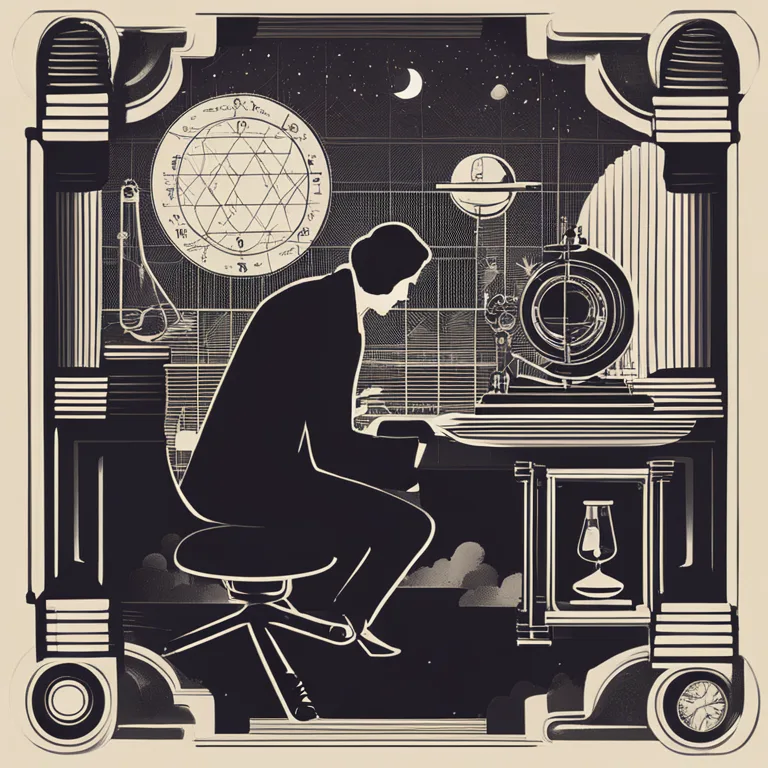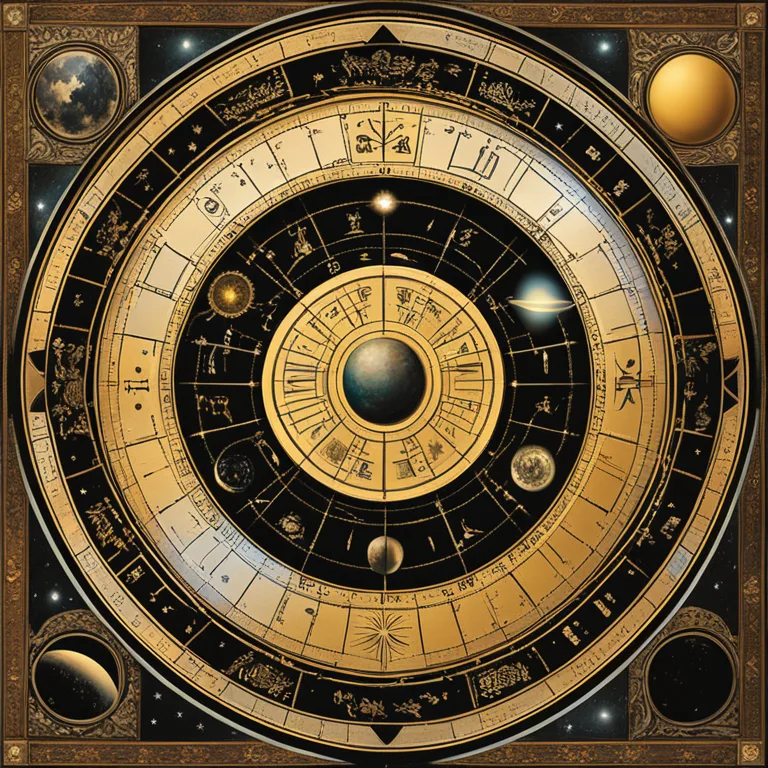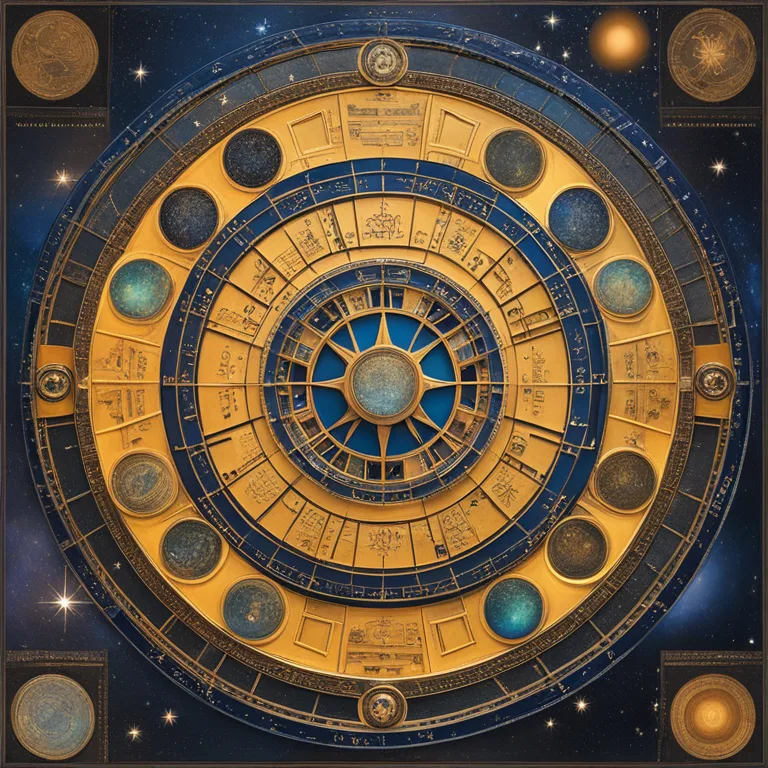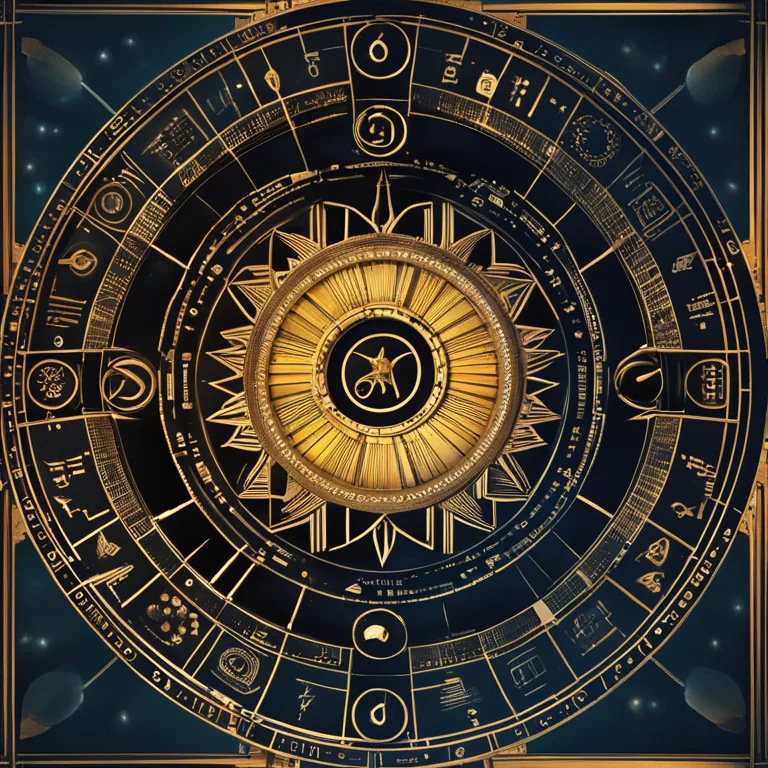
The Astrology Debate: Is Belief Justified?
Delve into the contentious realm of astrology to discern its credibility and place in modern society.
article by Priya Deshmukh
The Allure of Astrology
Astrology has stood the test of time, transitioning from ancient celestial mapping to the digital columns of today's horoscopes and astro-guides. A mystical science to some, a mere entertainment to others—astrology's grip on human curiosity remains undiminished. It conjuncts celestial bodies with human affairs, positing that the alignment of stars and planets influences individual destinies and personality traits. As we gaze into the skies and contemplate the future, the question persists: Can we place our belief in astrology, especially as we venture into 2024 and beyond?

Scientific Scrutiny
The empirical mindset questions the validity of astrology, seeking tangible evidence over anecdotal experiences. Critics argue that astrology lacks the rigorous testing and replicable outcomes that form the foundation of scientific method. Birth charts and horoscopes are often accused of being vague and wide-reaching, harnessing the Forer effect—where individuals find personal meaning in statements that could apply to many. Yet, despite the skepticism, astrology endures, its compatibility readings and future forecasts captivating the hearts of believers worldwide.

Astrology in the Digital Age
Technology has propelled astrology into the 21st century. Apps and online platforms offer personalized readings, pushing the boundaries of traditional practices. With the incorporation of algorithms and artificial intelligence, present-day astrologers are crafting forecasts that resonate with modern sensibilities. The year 2024 sees the continued evolution of astrology into a tool for self-reflection and emotional guidance, prompting individuals to navigate their lives with cosmic insight at their fingertips.

The Psychological Perspective
Some psychologists view astrology as a framework for understanding the self, akin to personality assessments. Astrological interpretations can offer comfort, help in coping with uncertainty, and serve as a conduit for introspection. The human mind seeks patterns and narratives to make sense of the chaos, and astrology provides this narrative structure, particularly during life's more turbulent phases. It's less about predictive accuracy and more about the journey of self-discovery it prompts within us.

Cultural Impact and Continuance
The cultural fabric of astrology is enriched with a multitude of traditions, each adding their own unique threads. Societies across the world have looked to the stars for guidance for millennia. Its continuance speaks volumes about its ingrained presence in our collective consciousness. Astrological concepts permeate literature, art, and language, embedding themselves in the way we conceptualize and verbalize our experiences.
An Evolving Art Form
With each passing year, astrology evolves, reflecting the changing zeitgeist. As we embrace 2024, the alignment of Jupiter and Saturn, for instance, may be interpreted as a call for balance in expansion and structure, both on a personal level and within the greater societal context. Astrology responds to the dynamic era we inhabit, becoming an adaptable, flowing art form that offers guidance, hope, and insight as we collectively sail into the future.
Published: 12/29/2023
Modified: 12/29/2023
More predictions
Come back here soon to learn more about yourself and your future


The Roots of Astrology: Tracing Its Linguistic Heritage
Delve into the linguistic history of astrology and uncover the ancient origins of this mystical practice's name and significance.


Astrological Symbols and Their Meanings
Delve into the significance of astrology signs symbols and learn how these ancient emblems shape our understanding of the zodiac.


Astrological Sign Compatibility Guide
Discover which star signs align for friendship, love, and understanding in our concise compatibility guide.